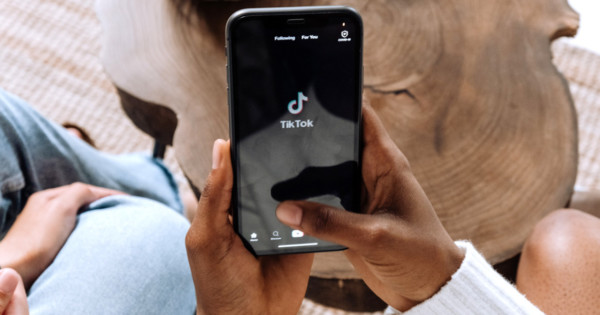
With many in-person marketing opportunities absent during this pandemic, performance marketers are trying to find new ways to reach Gen Zers and millennials. Modified experiential marketing, as well as content, social and video marketing, can step up to fill the void.
The loss of simpler in-person experiential marketing opportunities may be hard for performance marketers to digest because this was a successful tactic as far back as 2016. In the pre-Covid-19 world, performance marketers learned first with millennials, then with Gen Zers, that younger generations valued experiences over things. They would not only pay for travel, fashion and unique experiences, but also respond well to having the products and services marketed to them that way.
When pandemic restrictions took hold in March and many Americans began working from home and social distancing, some marketers successfully modified experiential marketing with drive-in events. But even those events aren’t always possible when coronavirus spikes cause lockdowns, such as the one beginning in Philadelphia today.
Content marketing to Gen Z
For purpose-driven Gen Z, helping others is a core belief. As a whole, this generation is sacrificing a lot to prevent spreading Covid-19—from missing in-person graduations to foregoing professional internships, according to Lisa Bowman, chief mojo officer of marketing consultancy MarketingMojo.
Content marketers who speak to this loss can create meaningful memories with these consumers who may yield high lifetime values.
“They not only want purpose. They are actually demanding it,” Bowman said. “It’s non-negotiable for Gen Z. [Do you] need to figure out what you should be doing in an area like social justice or how to take more aggressive steps to combat climate change? Engage Gen Z. Let them help you create. They are your future customers—secure their loyalty now.”
Jessica Hawthorne-Castro, CEO of agency Hawthorne Advertising, added that marketers need to know the pandemic only solidified Gen Z’s resolve to express its values through its purchases.
“Connectivity of their time and media preferences has also increased with greater reliance on mobile, CTV, OTT and video-sharing social networks like TikTok,” she said.
Content marketing to millennials
Convenience speaks to millennial consumers, especially now, Hawthorne-Castro said.
“A millennial consumer can be targeted and will react principally to product innovation and demand service experiences that provide quality and convenience,” she said.
To that end, CarMax ads are emphasizing its online shopping and curbside pickup. Content marketing for Domino’s touts its contactless delivery and Target is heralding its contactless self-checkout process customers can access via the proprietary app.
Millennials who are happy with their pandemic brand experiences are even creating content for them, Hawthorne-Castro said. Verticals like fitness, educational services and virtual happy hours are seeing immediate sales as a result of their increased popularity with user-generated content, she noted.
Social media marketing and Zoom
Content marketing can take place across many channels, but screens are where many eyeballs are staying.
“With the challenges put forth by Covid-19, social media is the opportunity to facilitate an experience via engagement with the brand,” Bowman said. “Digital engagement is a great way to offer exclusive access and subsequently an experience.”
Zoom’s invite-only nature plays to exclusivity, which political campaigns have used and data-mined in order to provide personalized marketing. Bowman said charities used the conferencing app to provide live reads of screenplays.
Bowman said the generations are consuming more and more content just in order to feel like they’re part of something. So sometimes, those brand experiences happen organically.
Heather Fletcher is a freelance reporter for Adweek. She covers performance and direct marketing.
https://www.adweek.com/digital/how-performance-marketers-can-appeal-to-millennials-and-gen-z-now/

